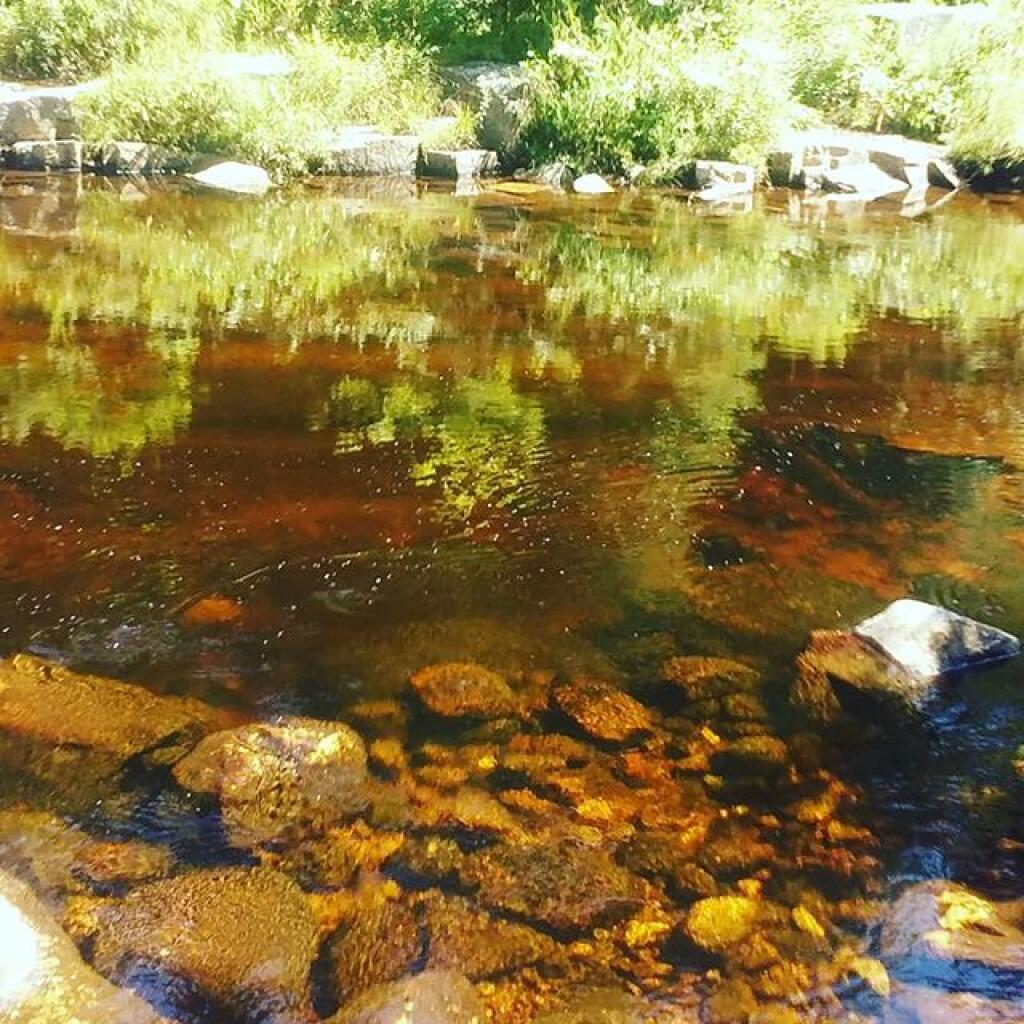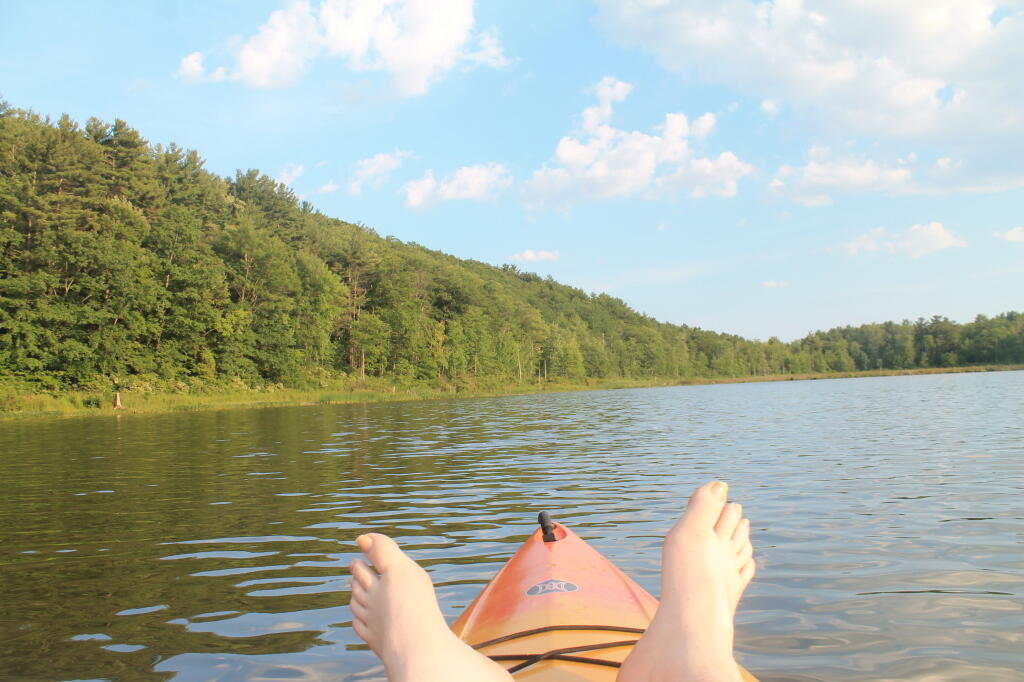I always knew this year would be one of many changes, but I never thought it would be such a learning experience.
Change
America Is Still Living in the 2000s – The Atlantic
Of the many things worth arguing about in America, the number of years that constitute a decade is probably not among them. The word quite literally means “10 years.” But consider historical time, often referred to in decade-based shorthand, and all of a sudden the clear concept of a decade gets blurrier.
Most decades in America have a corresponding social and cultural narrative that’s an uneasy fit in the actual calendar. The ’50s are often stereotyped as an era of postwar domestic prosperity, but the trends cited as proof, such as the growth of the suburbs, reach well into the ’60s. That decade, in turn, cannot tidily hold the massive shifts attributed to it. In her book San Francisco and the Long 60s, Sarah Hill makes the case for two definitions of the era—one spanning four years of counterculture and political upheaval ending in 1969, and another that persists to this day in American attitudes toward sex, drugs, and art. The ’80s, too, spilled over their borders, arguably terminating both politically and culturally circa the dissolution of the Soviet Union and the release of Nirvana’s Nevermind in late 1991.
The Secret to More Refreshing Weekends Is the Exact Opposite of What You’d Expect
There's another reason you might want to trade some of your couch time for more effortful pursuits, too: Doing so will make time appear to slow down, allowing you to relish your life more. As blog Science of Us recently reported, neuroscience shows that if you don't want your days to pass in a blur of indistinguishable memory mush, "the key is to seek out newness."
What really inspired Eleanor Rigby? – BBC News
Eleanor Rigby died 80 years ago on October 19, 1939 and is buried at St Peter's Church in Woolton England.
All Points
One phrase that has fallen out of common use except for law enforcement, is “all points”. That term was much more common in 1960s, but it almost never used anymore. Until the 1980s, the Massachussets Turnpike often had signs for entrance ramps that took you east bound or west bound, that would say “To All Points”.
Not 1971
It’s not 1971…
As I listen to the old Frank Zappa record next to the swimming hole. But it’s the last summer in the 2010s and next year is certainly going to be one of change. Maybe good, but probably bad. I have no idea how 2020 will turn out but I do see a lot of change and rough sailing come the 2020s. Lots of angry people, maybe change, maybe a backlash.
I do think liberals and the news media are over confident about the coming election as incumbents often win and I’m not sure people are moving as fast to the hard left as they want to believe. Too many believed Donald Trump could never win in 2016. History proved them wrong. I just hope that Democrats can nominate someone stronger then George McGovern — it would be an embarrassment to our country to allow the incumbent to be elected by an enormous margin.
I also think a recession is overdue, as is inflation and maybe our energy supply isn’t as stable as people want to believe. Inflation has been low for a very long time, it’s bound to crank up again with all the government spending. As is gas prices and energy more generally Or maybe not, we are living in odd times. Climate change may throw a wrench into things.
But for now I’m just enjoying these concluding days of summer.
The Arrogance of the Anthropocene – The Atlantic
So what to make of this new “epoch” of geological time? Do we deserve it? Sure, humans move around an unbelievable amount of rock every year, profoundly reshaping the world in our own image. And, yes, we’re currently warping the chemistry of the atmosphere and oceans violently, and in ways that have analogues in only a few terrifying chapters buried deep in Earth’s history. Each year we spew more than 100 times as much CO2 into the air as volcanoes do, and we’re currently overseeing the biggest disruption to the planet’s nitrogen cycle in 2.5 billion years. But despite this incredible effort, all is vanity. Very little of our handiwork will survive the obliteration of the ages. If 100 million years can easily wear the Himalayas flat, what chance will San Francisco or New York have?
The idea of the Anthropocene is an interesting thought experiment. For those invested in the stratigraphic arcana of this infinitesimal moment in time, it serves as a useful catalog of our junk. But it can also serve to inflate humanity’s legacy on an ever-churning planet that will quickly destroy—or conceal forever—even our most awesome creations. What paltry smudge of artifacts we do leave behind, in those rare corners of the continents where sediment accumulates and is quickly buried—safe from erosion’s continuous defacing—will be extremely unlikely to be exposed at the surface, at any given time, at any given place, tens of millions or hundreds of millions of years in the geological future.

